EAC ministers chart path toward unified higher education at landmark Kampala conference
The three-day gathering brought together ministers, policymakers, university leaders, and education experts from across the East African Community (EAC) in a bold move to align higher education systems and policies across the region.
Deputy speaker of Parliament, Thomas Tayebwa (5th right), with delegates at the closing ceremony. (Credit: Miriam Namutebi)
________________
The curtains have closed on the historic 1st Regional Ministerial Conference on the East African Common Higher Education Area, held in Munyonyo, Kampala.
The three-day gathering brought together ministers, policymakers, university leaders, and education experts from across the East African Community (EAC) in a bold move to align higher education systems and policies across the region.
Speaking during the closing ceremony, Professor Gaspard Banyankimbona, the executive secretary of the Inter-University Council for East Africa (IUCEA), hailed the conference as a major milestone in the region's integration journey through higher education.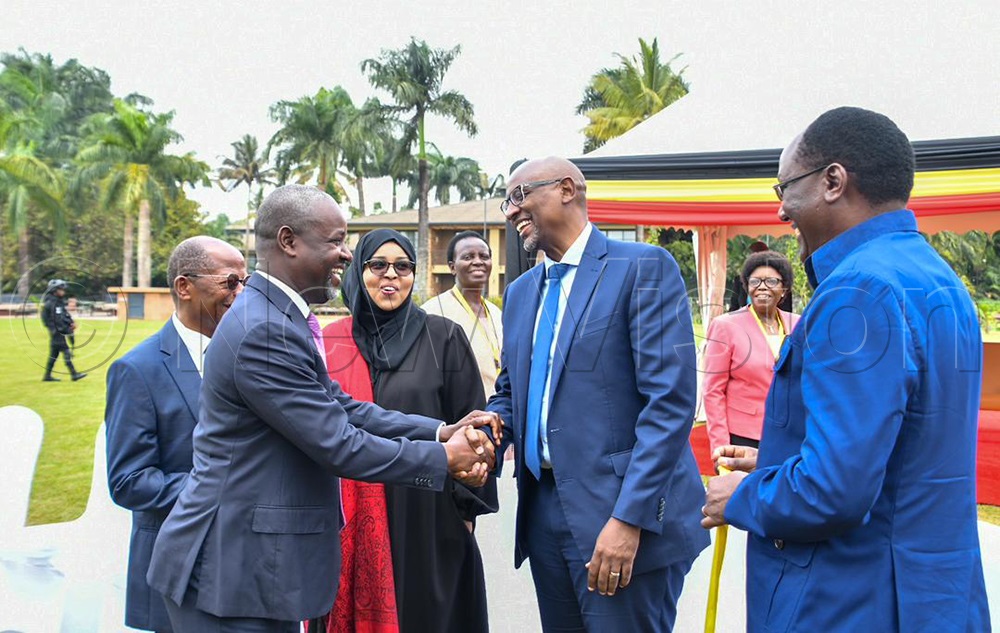
Deputy speaker Thomas Tayebwa chats with Joseph Nsengimana, Minister of Education Rwanda.
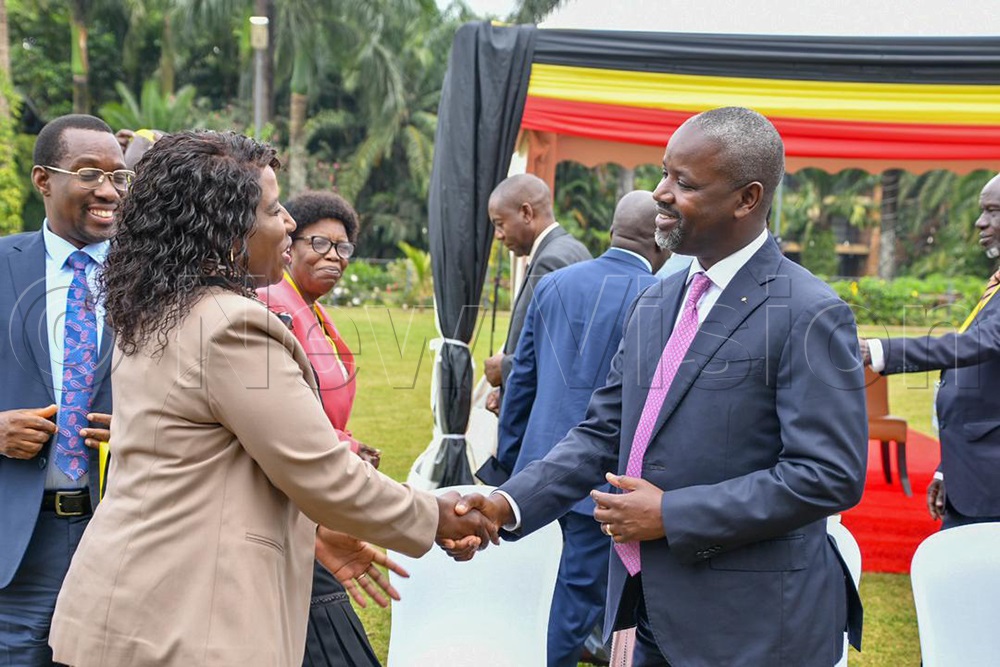
“This 1st Ministerial Conference has demonstrated our collective will to achieve a common higher education area,” Prof. Banyankimbona declared. “We are converging on frameworks that promote quality assurance, accreditation, mutual recognition of qualifications, and student mobility—hallmarks of a competitive and integrated academic space.”
The event, concluded on September 11, drew participation from high-level dignitaries, including Thomas Tayebwa, Deputy Speaker of the Ugandan Parliament, and Andrea Ariik, deputy secretary general of the EAC, along with ministers, secretaries, university heads, and representatives from professional bodies, industry, and international development partners.
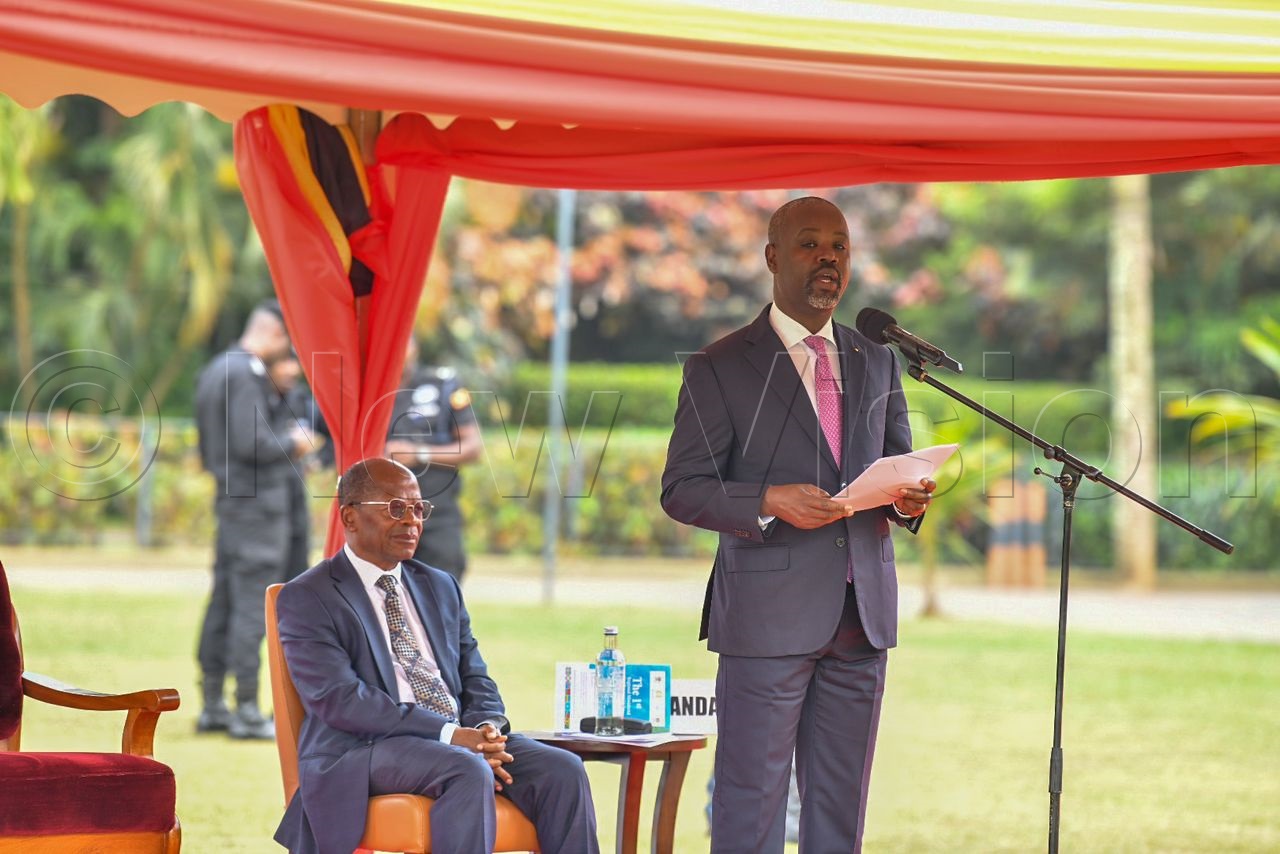
Deputy Speaker of Parliament, Thomas Tayebwa speaking at the closing ceremony of the 1st Regional Ministerial Conference on the EAC Common Higher Education Area at Speke Resort Munyonyo. (Credit: Miriam Namutebi)
Uganda, the host nation, was commended for its hospitality and organisational prowess. During the event, President Yoweri Museveni’s government was recognised for providing a strong political foundation for the success of the conference.
“Kampala became the beating heart of East African higher education this week,” Banyankimbona noted, expressing gratitude to Uganda for embracing the vision and providing a home for the conference.
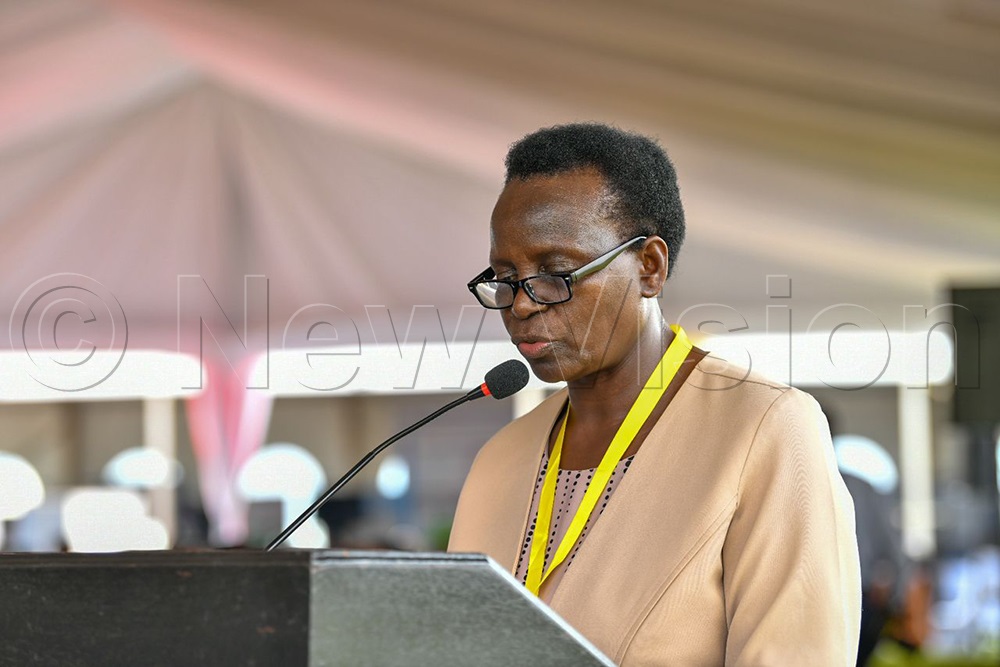
Kedrace Turyagyenda, PS Ministry of Education and Sports. (Credit: Miriam Namutebi)
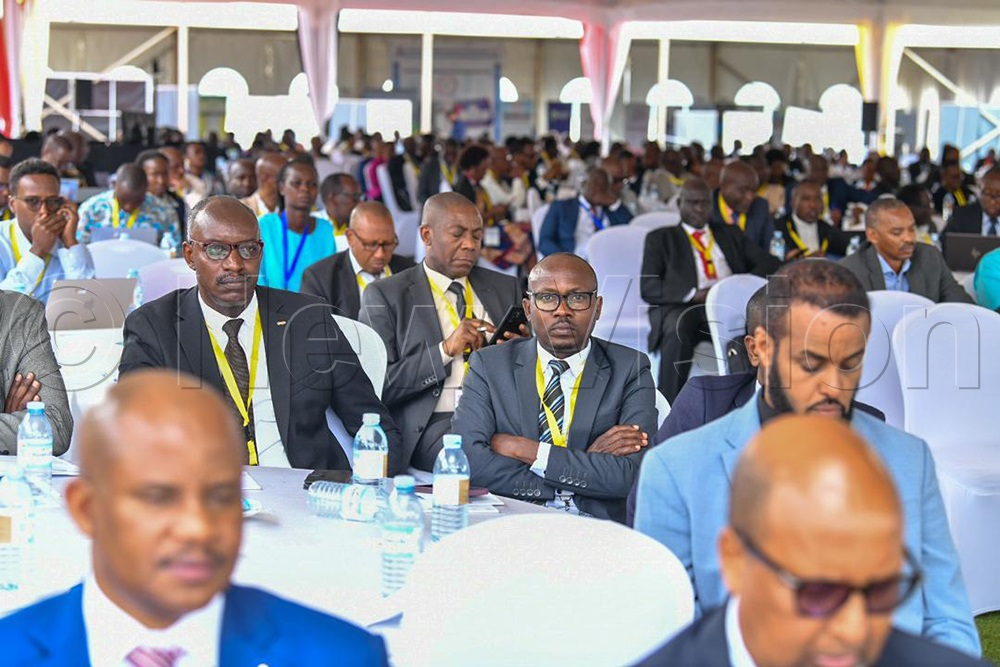
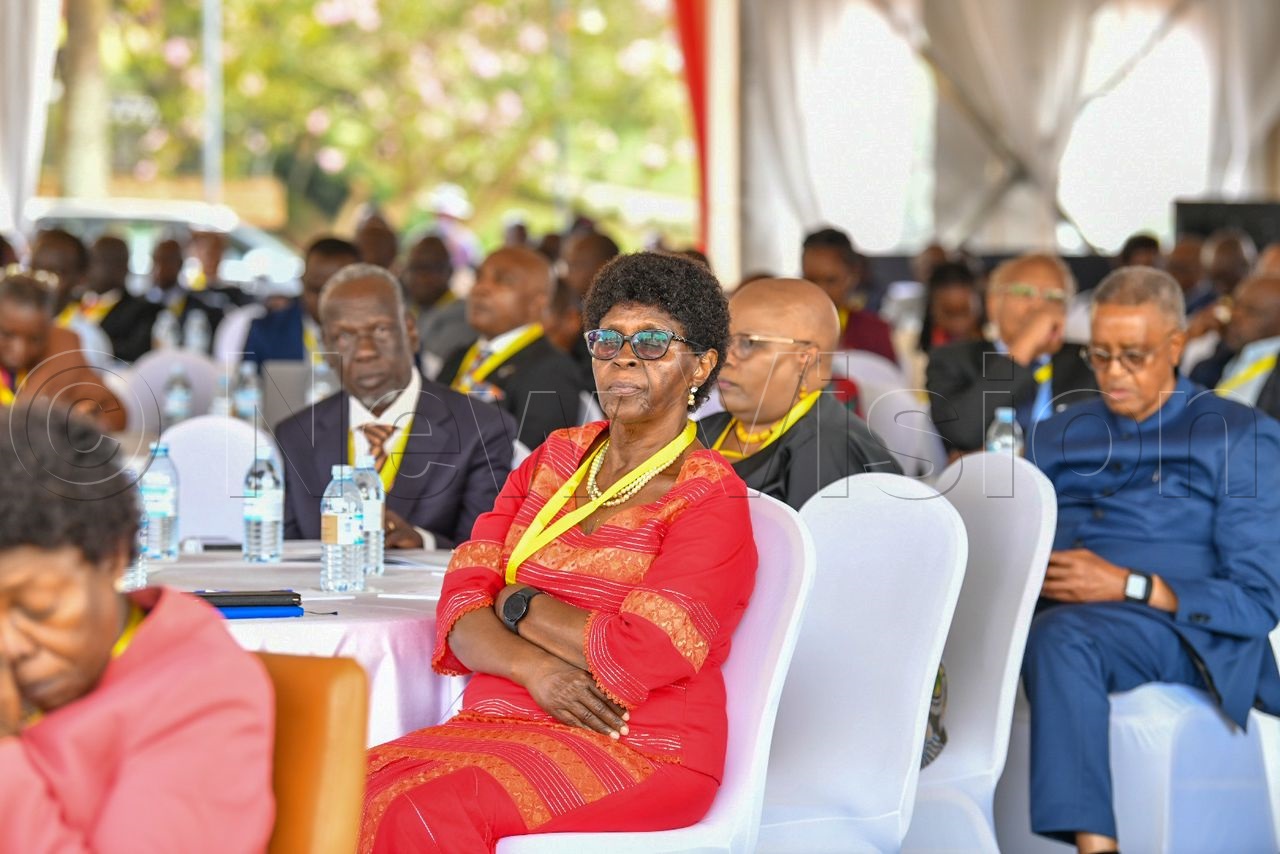
Professor Joy Constance Kwesiga, Vice Chancellor Kabale University. (Credit: Miriam Namutebi)
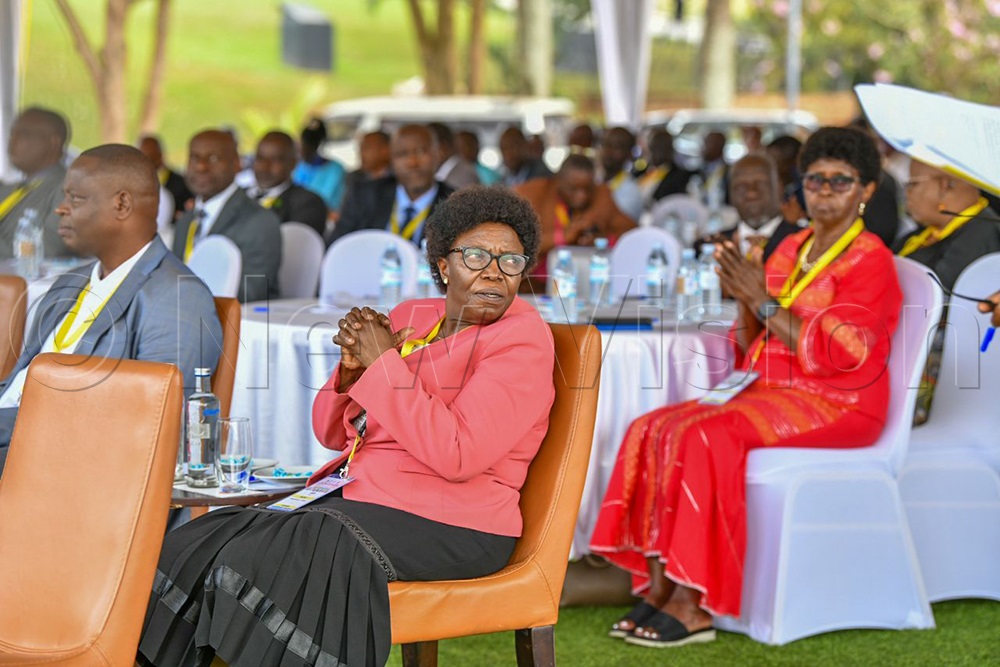
Professor Mary Okwakol, Chairperson Forum of CEOs of National councils. (Credit: Miriam Namutebi)
In a reflective and emotional moment, Prof. Banyankimbona used the platform to bid farewell as he prepares to take on a new assignment at the African Union Commission, continuing his work in the education sector at the continental level.
“For four years and six beautiful months, I have had the profound privilege of serving IUCEA and our cherished stakeholders,” he said. “As I transition to serve Africa at large, I carry this mission with me—the passion burns even brighter.”
The conference concluded with renewed commitment from EAC partner states to accelerate the implementation of a Common Higher Education Area, aiming for seamless student mobility, harmonised qualifications, and improved competitiveness of graduates across the region.
“We are building a space where students move as freely as ideas, where frameworks turn into futures,” Banyankimbona concluded. “IUCEA will remain the heartbeat of regional academic integration.”